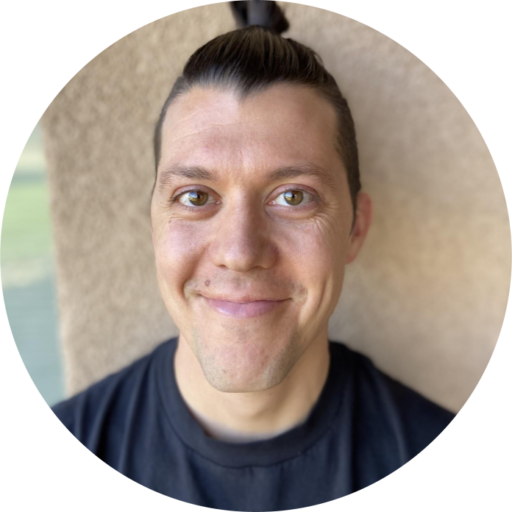If you’ve arrived at this page, odds are good that you’ve seen Vaudrey present about building bravery in timid teachers.
Scroll through to the section that most interests you!
Lesson Study
I had planned to give a passing remark on why Lesson Study is so powerful. In the process of prepping this workshop, I realized that I know very little about the world of research (literally, around the world) surrounding the topic.
Rather than synthesize what I’ve found, I’ll let those experts speak for themselves in this Twitter list and this hashtag.
First, if you’ve never heard of Lesson study, I recommend starting with Chase Orton’s website. The scholarly stuff below is really good, and it might help to get some common language from Chase’s site before beginning your journey.
There’s a cohort of teachers at Mills College in Oakland using Lesson Study to train new teachers and Elham Kazemi and her crew also have TEDD at University of Washington. Also, the books (and published PDFs) linked below are extremely helpful.
There are even conferences in 2019 in the United Kingdom and in Amsterdam dedicated specifically to Lesson Study.
Risk Taking and Failure
Notice the variety of ways that authors point out The process of learning is more important than the result of learning:
From the National Institution of Mental Health, as pointed to me by Lisa Bejarano:
From CPM:
Participation Quizzes do not need to be factored into a student’s grade. Teachers should use them to help facilitate the learning process for the class as a whole and for individual students.
From my book:
Notice that these aren’t “I” questions, they are “we” questions. The responsibility for the tone of the classroom falls on the teacher. When students see you value the process of teaching, they will begin to value — and take responsibility for — the process of learning. The class culture, then, is the responsibility of all, but it begins with you involving your students in the process of creating a better learning experience.
From Dan Meyer who used the phrase, “Lower the cost of failure“:
The result of how (video games) treat failure is that I get better at chess or golf. I like it more, I want to play it more. I get better at handling the challenges… It seems totally natural that I can re-do it.
Equity, Privilege, and Whiteness
I’m no expert, I’m late to the party, and I’m stumbling along. Rather than claim any authority or expertise outside of my own journey, here are some folk that have nudged me on my journey (in addition to the authors and creators on this Twitter list):
Follow Marian Dingle and Valeria Brown on Twitter, for starters. The #ClearTheAir chat is a safe, welcoming way to begin to Be Brave and Engage. Semi-regular chats dig into book discussion, including Dare to Lead by Dr. Brené Brown, White Fragility by Robin DiAngelo, and others.
Also, stuff like this:
Thanks to everyone who watched #RainbowCoalitionPBS live or will watch later. I watched a few of the other streaming movies as well and they are all great! Here’s the link again. #ClearTheAir https://t.co/jZhKBSf44D
— ClearTheAirEdu (@ClearTheAirEdu) February 5, 2021
For my own on-the-clock conversations, I recommend reading through Speak Up: Responding to Everyday Bigotry, which was very helpful.
In the process of talking Equity with some friends at work, I found this think-tank in Philadelphia on Building Anti-Racist White Educators, which sends out monthly readings and discussion guides. The February 2021 session is focused on Social/Emotional Learning.
Layla F. Saad has given us the gift of the Me and White Supremacy Workbook, and while I haven’t listened to her Good Ancestor podcast, the summaries—and her guest list—are impressive.
Finally, check out the Center for Antiracist Education, who are now doing free web series to educate teachers like me and you about Antiracism in the classroom. Follow them on Twitter, if you haven’t checked out the list above.
UPDATE 7 July 2020: Dr. Gloria Ladson-Billings (arguably the nation’s leading expert on Culturally-Relevant Pedagogy) published this primer on the idea in 1995, and the full PDF is free online.
Did I forget something?
Is there some researcher or publication that needs to be on this list?
Send me a tweet or an email and let me know.
~Matt “Fails plenty often” Vaudrey
